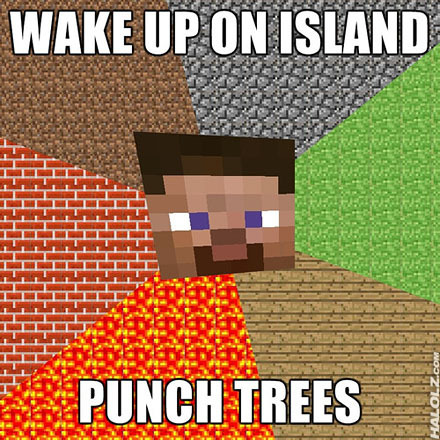During the 1980’s, as a poet in Alaska, I became the amanuensis of the Dena’ina Athabaskan writer Peter Kalifornksy (1911-1993). He was among the last speakers of his language and was the first to bring it into writing. Indeed, he was considered a literary stylist. Perhaps as interesting, he became the scholar of his language, spoken by the Kenaitze people on the Kenai Peninsula, devising a theory of spelling, and explicating the Old Dena’inas’ theory of knowledge, their poetics, their spiritual cosmos, the power of the animals, law and education, their encounters with the Russians, and much else. He reflected on the very meaning of writing, and of what the language revealed to him as he delved the very process of writing.
As he talked, I wrote. He let me ask questions. We conversed over a period of about five years, me writing as he spoke, he taking new thought from my questions. This was the spiritual, intellectual, social history of a people, come down to the mind of one man, the last one of his generation educated (he said) in the old stories.
Together, we made a two-volume work entitled “From the First Beginning, When the Animals Were Talking.” Very thick, heavy with cross-referencing footnotes, impossible to page through without having to use all your fingers as place-holders. But full of wonders!
I am organizing a digital edition containing this manuscript, commentaries, digital images of two of his Dena’ina manuscripts, audio files of all his writings, as recorded by himself, and visual matter. And I am experimenting with a demonstration for the iPad, using the new iBooks Author. But my first task — toe in the water — is to put up a work-in-progress site on Omeka.net, to be called First Beginning, a journal of development. Here, I want to learn how to use Neatline, which looks as though it’s going to be a good application for relating and annotating visual, textual, and geographical cross-references.
Thanks, finally, to the Virginia Foundation for the Humanities, where I began this work several years ago and am still an Affiliated Fellow.

 Hi, my name is Vic. I’m one of the kids coming to THATCamp. My proposal is about
Hi, my name is Vic. I’m one of the kids coming to THATCamp. My proposal is about 